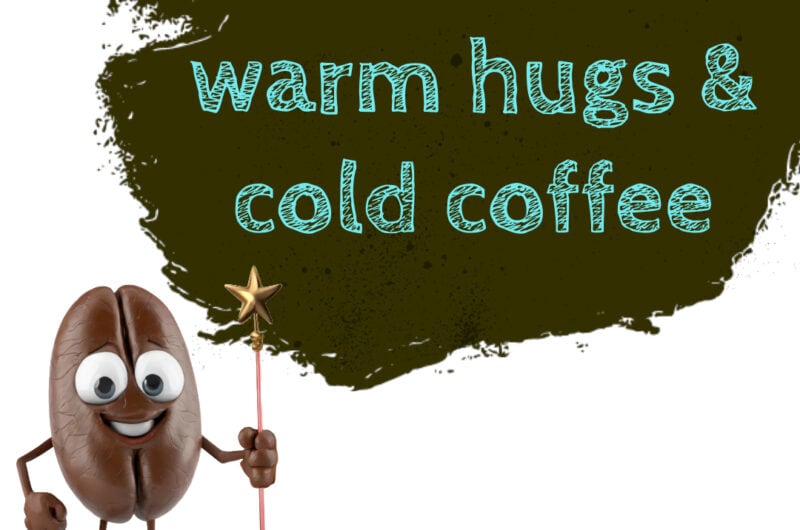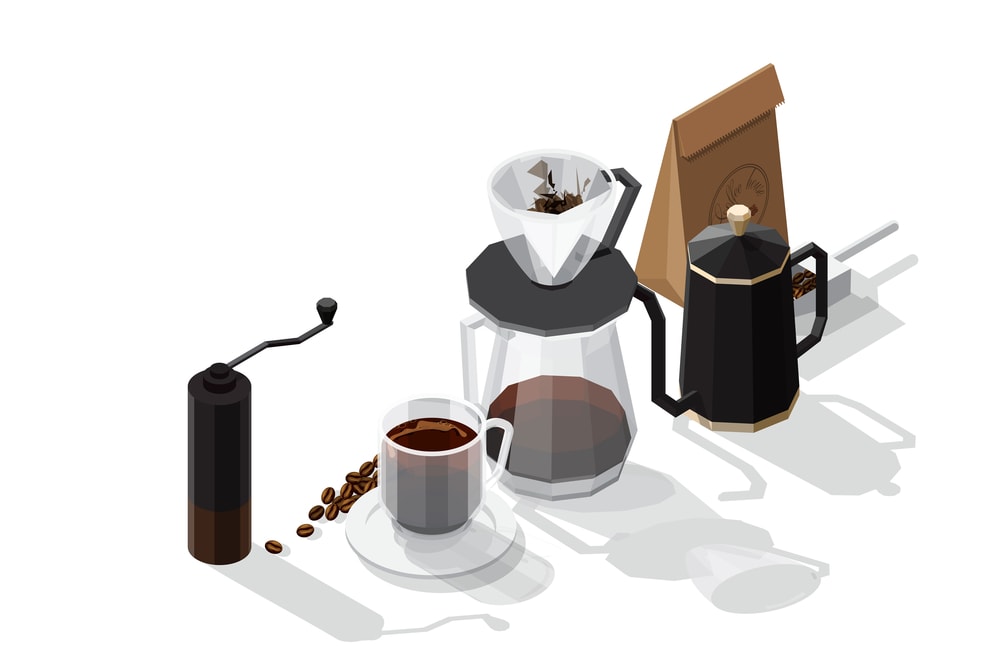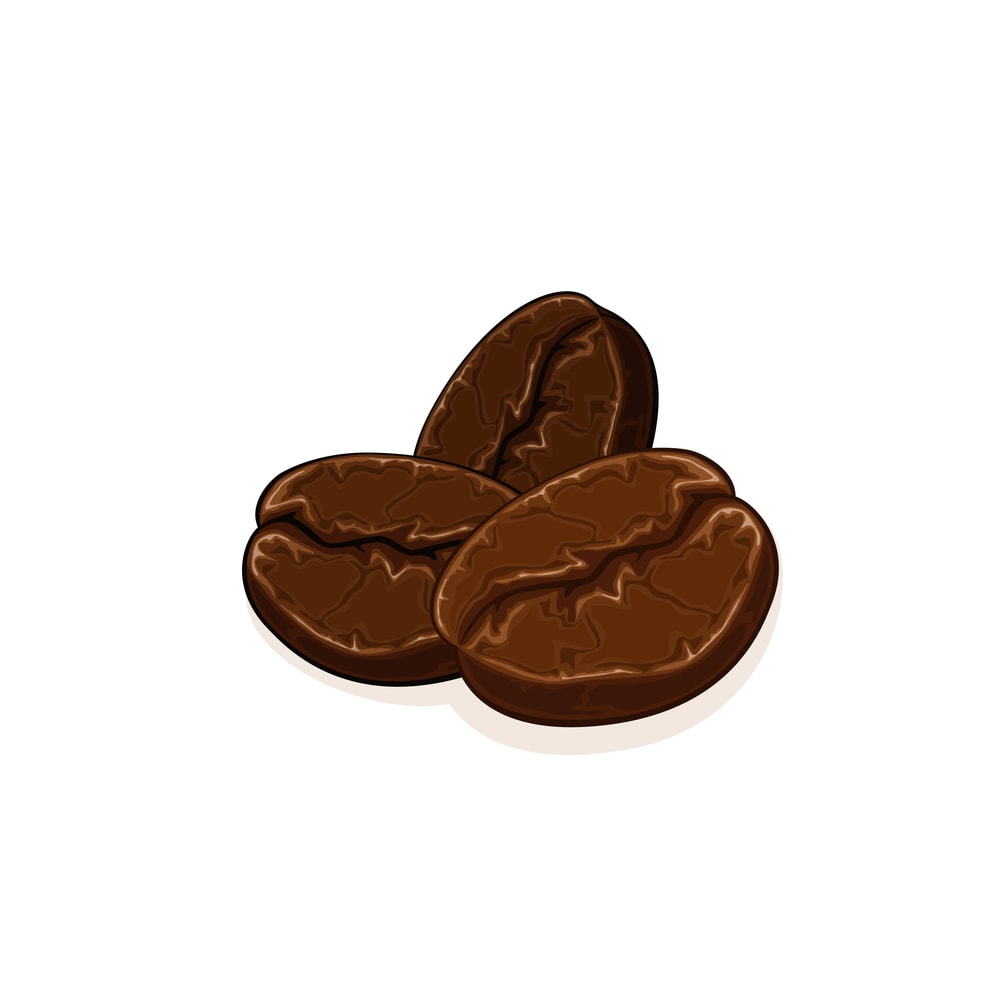Love Cold Coffee?
Make awesome coffee. Find new recipes. Use the best tools.
Serious about cold brew, with a splash of fun.
Latest Posts
- Coffee Quotes to Inspire and Amuse

- How to Make Cold Drip Coffee: Smooth Brews One Drop at a Time

- Can You Brew Cold Brew Fast? Methods to Accelerate the Process

- Types of Cold Coffee Drinks: A Quick Guide to Chilled Brews

- Cold Brew Coffee in a Pitcher: Simple Steps for Rich Flavor

- Cold Brew Coffee Mason Jar Brewers: Buying Guide and Top Picks

How to Make Cold Brew
Learn to make cold brew at home with our complete guide to the various techniques
Other Categories
Subscribe for Updates!
Subscribe to get weekly notifications of new posts, recipes, and cold brew coffee news. It’s free and you can unsubscribe at any time.
(clicking the link will take you to a sign up page with my email service)



